A surprising marketing idea: famous athletes in Niger campaign for family planning and HIV prevention. As a result, the demand for contraceptives has risen sharply in Niger.
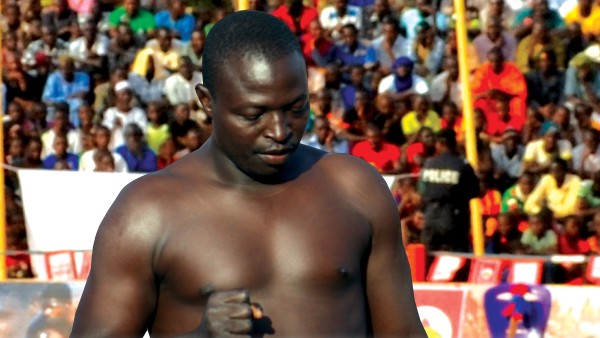
National heroes
Wrestlers like Balla Harouna are big role models in Niger. If they show up in the ring after the fight with a package of condoms and advocate for contraception, this has an effect.
The two wrestlers look at each other fiercely, stomping barefoot on the sand in the stadium. The sweat shines on their muscular bodies, strong arms reach around shoulders and legs. The opponents push, pull and drag each other: the audience cheers to the beat of the drum. Then the all-important shoulder throw happens.
The loser lies in the sand. The winner cheers and lifts a small packet into the air as if its contents had helped him to victory. The word "Foula", as the traditional sun hat for men is called in Niger, is written on the packet. The packet contains a condom. The athletes are taking part in a campaign for family planning and HIV prevention.
Wrestlers are national heroes in Niger. Balla Harouna, the old champion of the ring, is as revered here as football stars in Germany — Harouna was the three-time national champion and also achieved international success. Nationwide championships have been held since 1974. When they are broadcast on radio and television, more than six million people tune in. Since the wrestlers have started campaigning for condoms, the demand for contraceptives has risen sharply in Niger, making an important contribution to family planning in the West African nation.
Because more children are born in Niger than in any other country in the world: most recently, an average of 7.6 children per woman. Since the country's independence in 1960, the population has increased more than sixfold to 20.6 million. Niger is one of the poorest countries in the world: its barren desert soil can hardly feed its people.
The idea of using the wrestlers for a campaign for family planning and HIV prevention came from the Association Nigérienne de Marketing Social (Animas-Sutura), a Niger-based social marketing organisation. Balla Harouna became the face of the campaign in 2007: after each victory, the celebrity showed the audience a condom — and everyone cheered.
"In Niger, people used to believe that anyone who promoted condoms was weak and it tarnished their reputation," says Monika Franzke, advisor to the GfA Consulting Group at Animas-Sutura. Balla Harouna managed to persuade people to change their minds. He first persuaded the men in the ring, more and more of whom are promoting Animas-Sutura products. And then many of the men sitting in front of their radio and television sets.
Read more under the interactive world map.
1,4 Kinder
Durchschnitt pro Frau, 2010Quellen: World Development Indicators, The World Bank; UNCTADstat, eigene Berechnungen
"Having the winners of wrestling matches promote our 'Foula' condom was crucial to the success of the campaign," says Mohamed Abdoulaye, Director of Animas-Sutura. These include radio spots, for example the mini radio series "The Adventures of Foula", which many people in Niger follow. In the meantime, well-known female singers have joined in and are promoting the contraceptive pill "Sutura".
Source
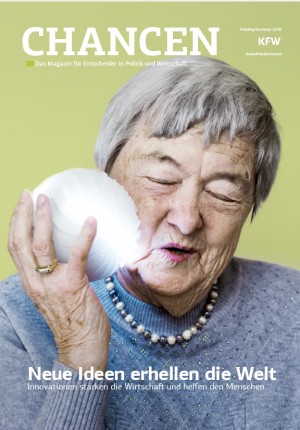
This article appeared in the spring/summer 2018 issue of CHANCEN magazine focusing on “Innovation”.
To German editionKfW Development Bank has supported the work of Animas-Sutura since it was formed in 2007, promoting social marketing of contraceptives and information on the HIV transmission pathways on behalf of the Federal Ministry for Economic Cooperation and Development.
"In this Islamic country, it hasn't been easy for a long time to talk openly about sexuality and contraception," says KfW project manager Julien Morel. In 1995, angry marabouts, Muslim clergymen, forcibly put an end to the first campaign by destroying billboards. They saw it as an attack on the morality of society.
It took years before the high birth rate and the risk of HIV infection had entered public awareness as an impediment to development. In 2007, the government passed a law on national population policy. Today, Animas-Sutura is one of the key actors putting this policy into practice.
Published on KfW Stories: Tuesday, 24 July 2018
The described project contributes to the following United Nationsʼ Sustainable Development Goals
Goal 3: Ensure healthy lives and promote well-being for all at all ages
Health is the goal, prerequisite and result of sustainable development. Supporting health is a humanitarian requirement – both in developed and developing countries. Around 39 per cent of the worldʼs population lives without health insurance. In poor countries, this amount even exceeds 90 per cent. Many people still die from diseases that are not necessarily fatal with the right treatment, or that could easily be prevented with vaccinations. Strengthening health systems, particularly by making vaccines widely available, can make it possible for us to drive these diseases back and even eradicate them by 2030.

All United Nations member states adopted the 2030 Agenda in 2015. At its heart is a list of 17 goals for sustainable development, known as the Sustainable Development Goals (SDGs). Our world should become a place where people are able to live in peace with each other in ways that are ecologically compatible, socially just, and economically effective.

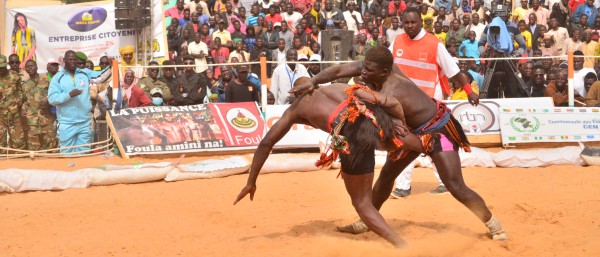

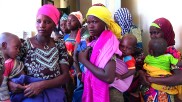
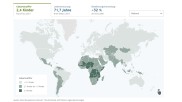
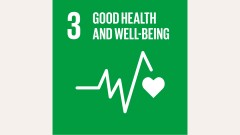
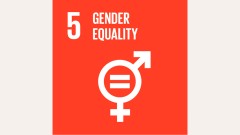

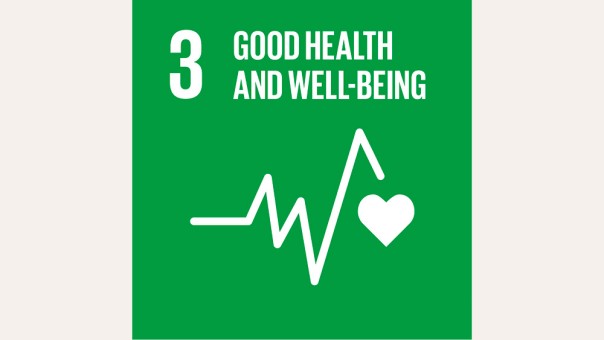
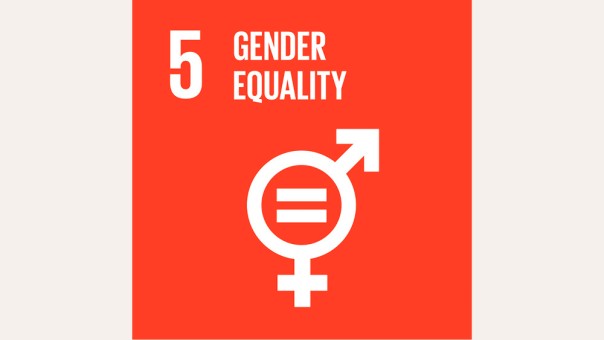

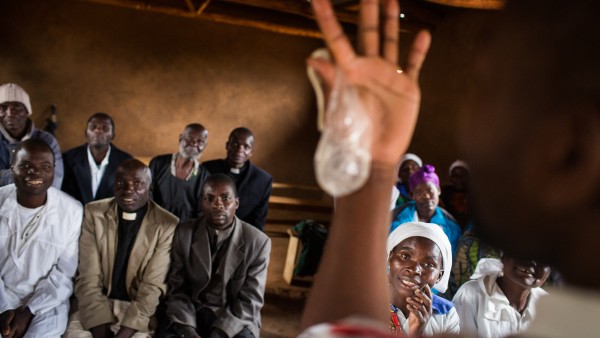
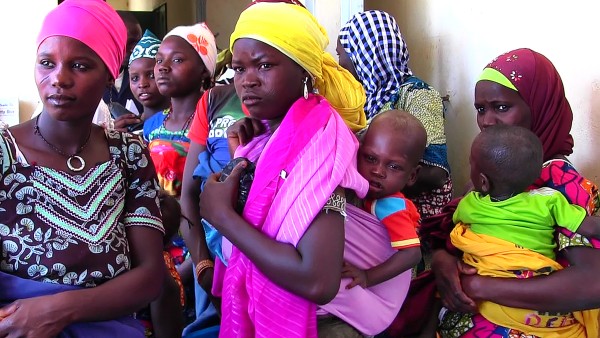
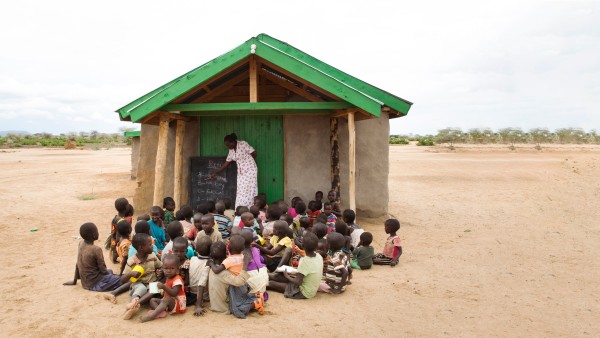
Data protection principles
If you click on one of the following icons, your data will be sent to the corresponding social network.
Privacy information